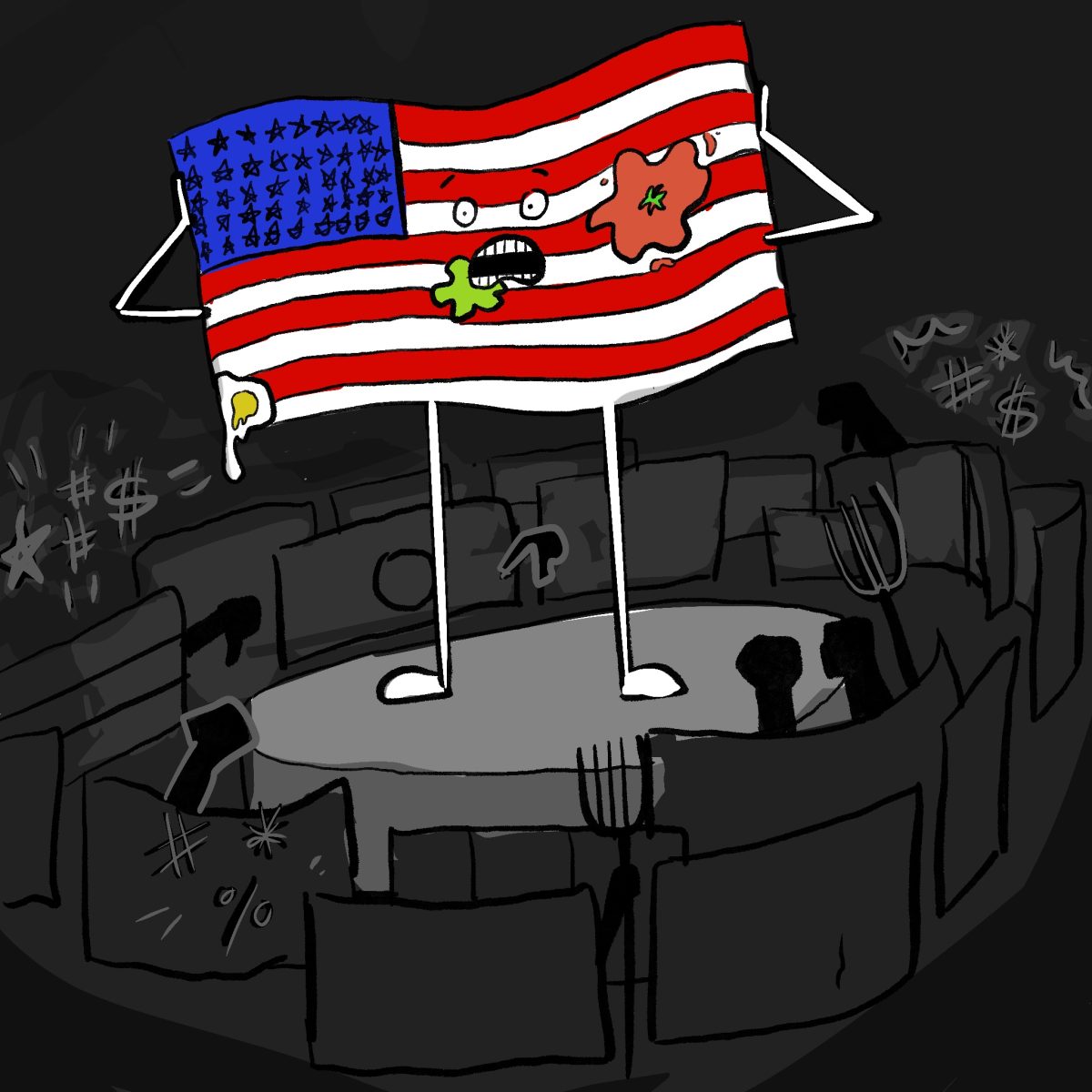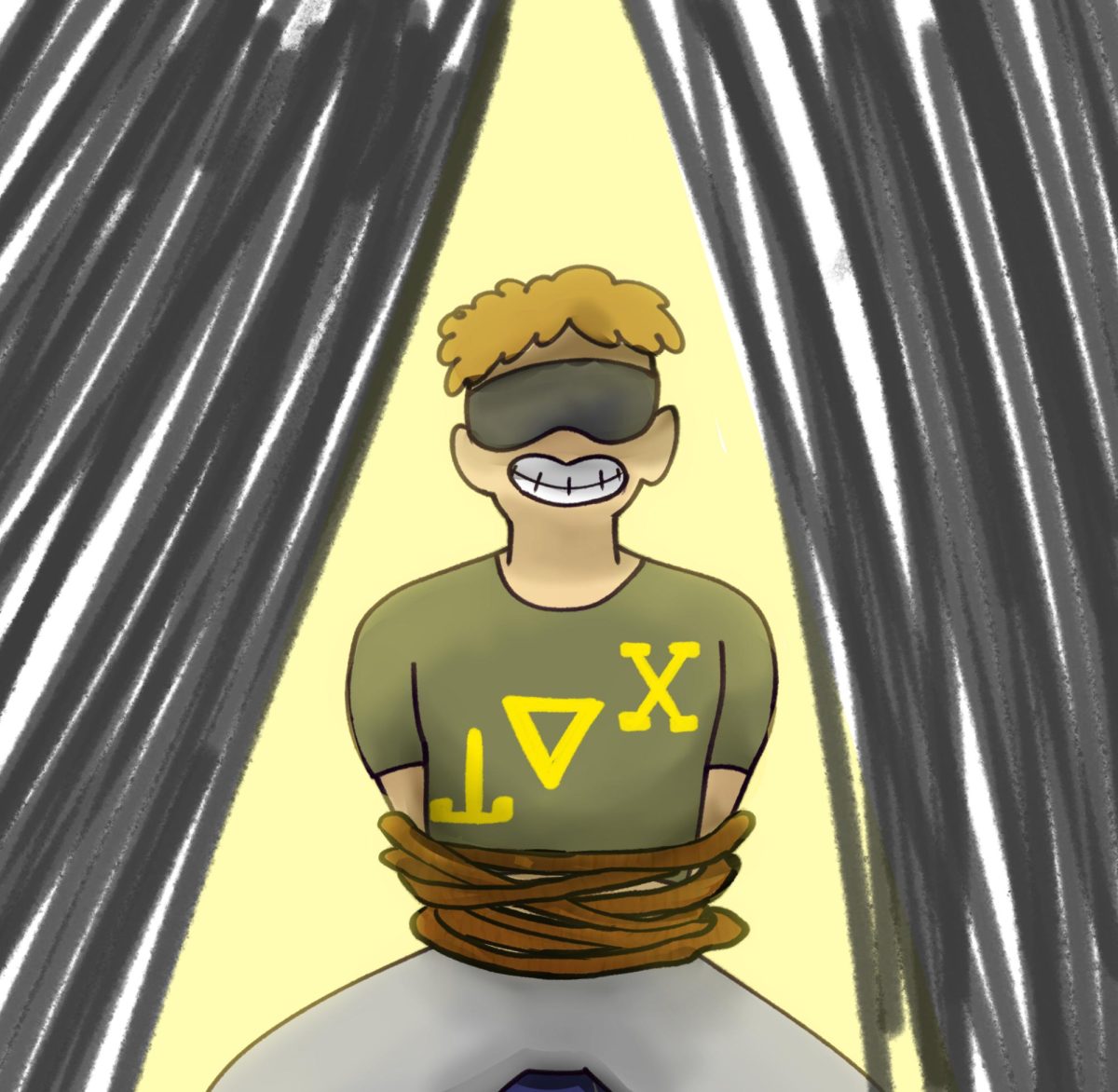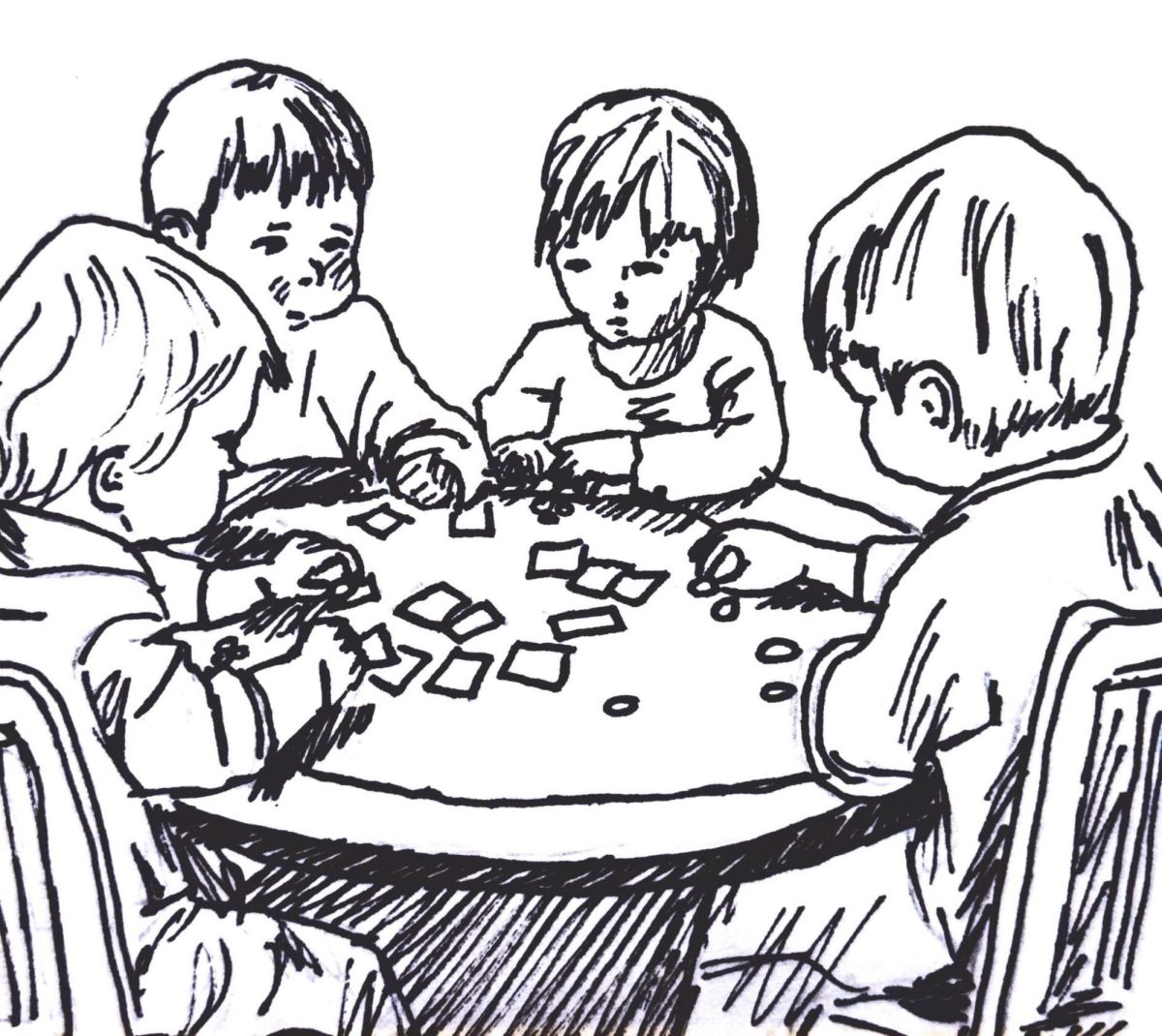“Your country is the worst in the world,” “I’d personally never travel or live there” and “How could you [elect Trump]?” People would say these things to me once they found out I was from the United States. After being told that the U.S. is a beacon of hope for so many people abroad, especially for people from less economically developed countries, like Türkiye — where I lived this summer — the bluntness of these statements shocked me a bit.
What shocked me even more was that I wasn’t immediately defensive — in fact, I found myself saying I understood when people took to criticizing my country. Their quips about how racist, greedy and ungrateful people in the U.S. are, even though most of them had never seen it with their own eyes, were oddly resonant, especially after my first taste of living abroad. The people in Türkiye seemed to enjoy their lives and not be so focused on the rat race. Now that I’m living in Germany this fall, I see the same type of ease of life that I believe comes with a social safety net and a lesser focus on capitalist earning.
I would never say that my country is the worst as long as there are governments that are explicitly killing their own citizens, like in China with the persecution of Uyghurs. However, there is still systematic oppression of marginalized groups to the extent that millions of lives in the U.S. are affected. I realize that the exceptionalist perspective that most U.S. citizens have is not well-earned. To me, it seems, that we as a country take for granted the democratic ideals from which our idealism stemmed in the first place. We recently placed our faith (begrudgingly or not) in a man willing to disrespect our democracy, place it in danger and destroy our country’s standing as a leader of the free world.
I’ve been in Germany for two weeks, and I’ve already had people ask me how we could have elected Trump and jeopardize our important and frequent multilateral relations with Europe. My honest answer is “I don’t know, but I’m sorry” — it was a decision I didn’t endorse either. My professor, an expert in the E.U., went so far as to say that the U.S. lost respect on a deeper, and in some ways, permanent level in Europe. I feel that a lot of people in the U.S., including myself, have lost some respect as well.
I think my views about my country changed when I saw the hateful things being spewed by Donald Trump and then millions of people supporting his rhetoric through attendance of rallies and the social media presence reposting Trump’s bigotry. I couldn’t fathom that the idealist “land of the free, home of the brave” that I was taught was the best, really couldn’t live up to those lofty standards. Instead, our country elected Donald Trump who supported the very opposite of freedom for all and actively supported racist, misogynist and anti-LGBTQ+ policies.
At the same time, no country is perfect. A good amount of people I met in Türkiye blatantly expressed anti-refugee sentiment against the Afghans and Syrians that have flooded the country. While I haven’t personally run into that in Germany, I know that the sentiment is there. I think it’s a two-way street, and while the U.S. has a ton of issues that need to be addressed, it is not the root of all evil, meaning there are things to address in one’s own country as well.
Being from the U.S., I understand more intimately the issues that people abroad point out to me, yet these perspectives from non-Americans keep me fresh and hopeful. There are different and better ways to live. While each place has its own problems, if we put our heads together as citizens of the world I think we could work to incorporate what works best and significantly reduce nationality-based and racial prejudice. That means we have to judge our own countries as much as if not more than others and accept the criticism when it is given and it is earned.







